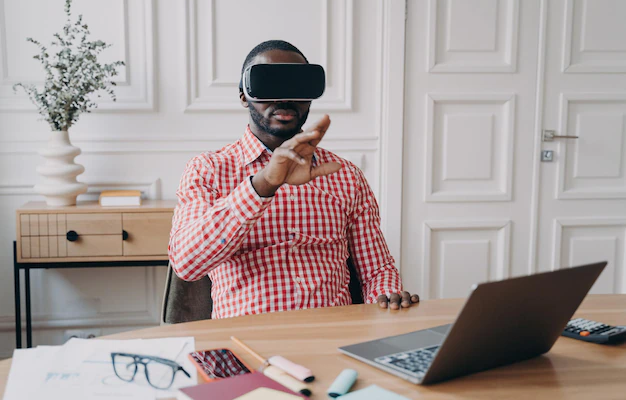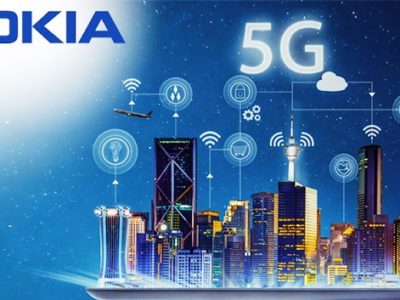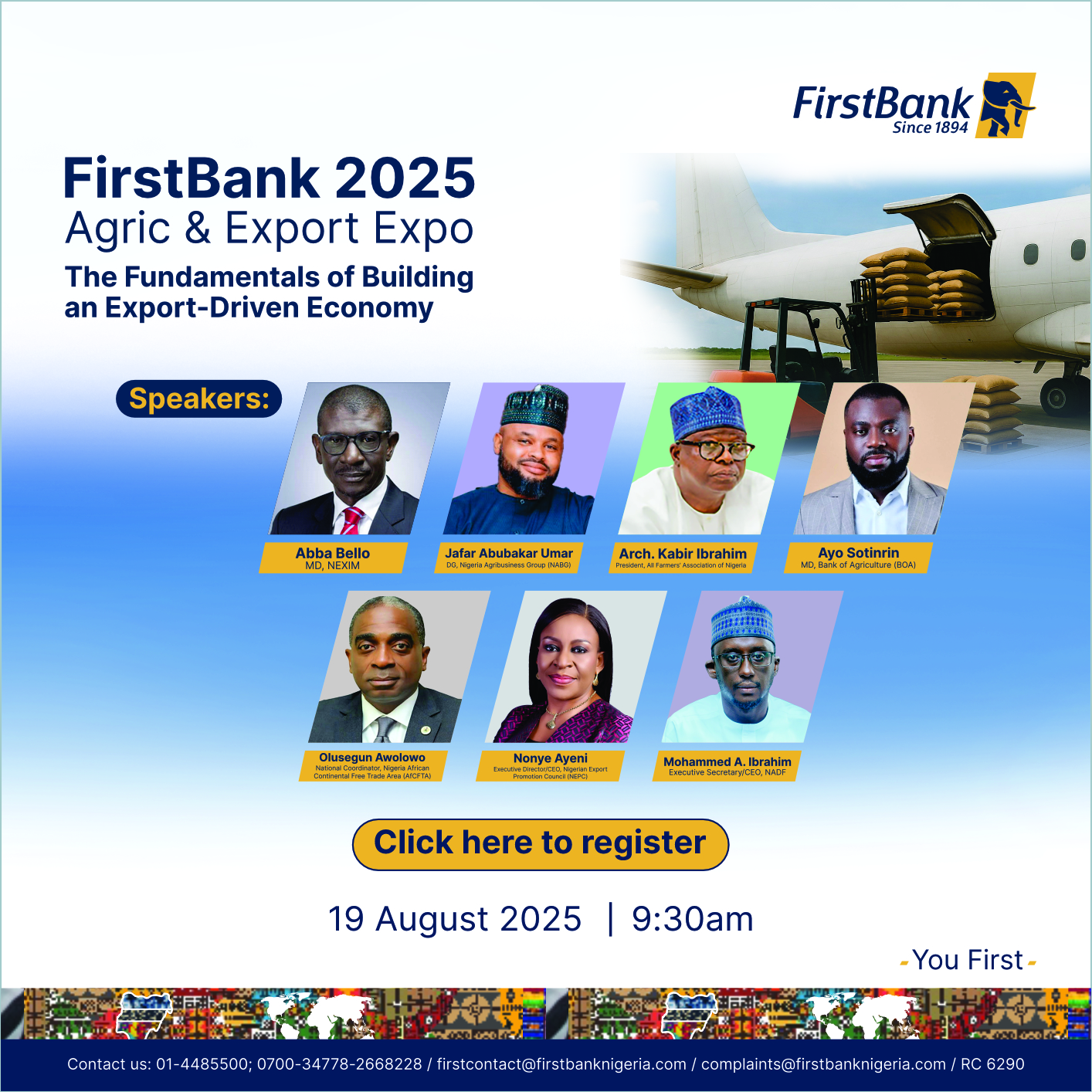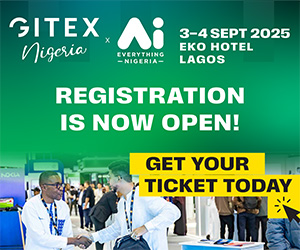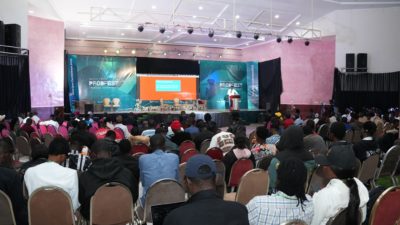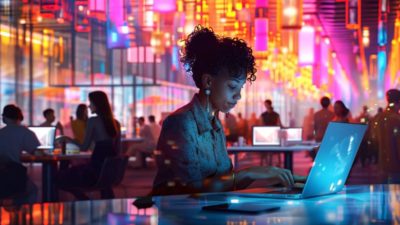A Lagos based disruptive innovation company is helping Nigerian business explore new opportunities and expand their value propositions by leveraging virtual reality (VR).
One of the huge impacts of Covid-19 is the way it forces certain businesses to rethink how they reach their targeted audience. Most businesses that rely primarily on in-person visit to showcase their products or spaces were dealt a huge disadvantage. Such businesses had to innovate on how to get their customers to virtually “come” visiting!
Disruptive innovation infiltrates all industries through technology. And most innovation and technology adoption come through market necessity. One of the major innovation businesses are leveraging on to innovate around that limitation introduced by Covid-19 is the use of virtual reality and virtual tours. Virtual tour is a technology that creates a digital environment using 360-degree photos and videos to simulate a real-world or computer-generated space. Whereas virtual reality (VR) allows a person to have an “immersive” experience interacting with a 3D world of an actual physical space or object, or a 3D model that is created by computers.
Insightful3D Studio: Helping Nigerian businesses leverage virtual reality
Insightful3D Studio, a Lagos-based 3D virtual reality company is one such company that is helping Nigerian businesses leverage on virtual reality to take their spaces and products to their targeted customers wherever they are. The company works with real estate companies, architects, hotels, schools and even interior decorators to create custom VR contents that are consumed via internet-enabled devices and VR headsets.
According to Charles Oyebola, a business executive at Insightful3D Studio, some of the sectors where VR have started seeing great usage in Nigeria includes not only real estate firms, but also health organisations, religious organisations, schools and even retail supermarkets. “Covid-19 introduced a new paradigm-shift in how consumers shop and explore physical spaces. It is now a digital-first world and virtual-reality will be playing a very critical role going forward.
RELATED: Global Augmented Reality, Virtual Reality, Mixed Reality market to grow four times and hit $124.4B by 2023
Businesses that can replicate virtually, to a large extent, the in-person experience of exploring their location, space or shop, now have a huge advantage over those without that option. Providing photos and videos of a space or location are no longer sufficient for the modern consumers; immersive and interactive virtual reality is the next frontier.”
Even big-name international brands in sectors like hospitality, retail and real estate are now making it a priority in their marketing efforts. Marriott International, McDonalds, Knight Frank, IKEA are now using VR technology in their brands strategy.
Enter, virtual tours
In real estate, virtual tours are a fantastic alternative to physical viewings, bridging the gap between visiting a property in person and just looking at photographs or videos. Real estate marketers like Mixta Africa are using VR to provide a virtual tour of a property as it allows potential buyers or renters to virtually tour the property, thereby saving buyers both time and travel expenses. One additional advantage is that a property can be toured at any time, anywhere.
Virtual tours have even wider use in the hospitality sector. From hotel room tours to virtual travel experiences, the possibilities are interesting. For instance, with hotel virtual tours, guests can virtually explore the hotel’s rooms and amenities, and imagine their stay prior to booking. This can drastically increase conversion rate for hotels that adopt this technology.
From physical stores to online virtual shopping
Physical stores are also creating online virtual shopping that replicate the in-person physical shopping experience. Instead of a printed catalogue transformed into online form, as most e-commerce sites do, virtual stores are now using 360-degree panoramas of their store stitched-together to create a virtual reality experience. They replicate neighbourhood shopping, letting you walk through aisles and peruse items on display. And, unlike during Covid-19, you don’t have to wear a mask, rush in and out, or worry about others not wearing masks or standing too close.
Covid-19 introduced many to the convenience of virtual reality technology and it is likely that this trend will continue to shape the future of exploring physical locations or exploring a product.
“The technology and expertise to create any type of virtual reality for a physical or computer-generated space or product is locally available, so Nigerian businesses can up the ante in their marketing and brand strategy. The earlier a business starts adopting this technology, the better”, says Charles.


